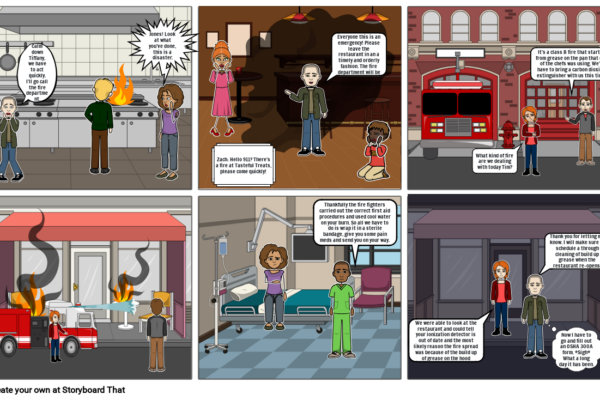The Cultural and Historical Significance of the Term Coolie

Introduction
The term ‘coolie’ has a long and complex history, originating in the 16th century in the Asian context to describe unskilled labourers, particularly those from China and India. As global discussions around race, labour, and identity continue to evolve, understanding the implications of this word is more relevant than ever. It highlights critical issues related to colonialism, migration, and social justice, raising questions about how language reflects and perpetuates systemic inequalities.
The Origins and Historical Context
The word ‘coolie’ is believed to have derived from the Tamil term “kuli”, meaning wages or hired labour. Its use became widespread during the colonial era, particularly in the 19th and early 20th centuries, when vast numbers of Indian and Chinese workers were transported across the globe as a cheap labour force in plantations, railways, and mines. This term became emblematic of the exploitation faced by these workers.
Despite having roots in simple economic terms, the word took on derogatory connotations over time, used to dehumanise and ostracise those who bore it. The labourers, often subjected to harsh working conditions and discrimination, became synonymous with a lower status, which still echoes in societal attitudes today.
Modern Implications and Reclamation
In recent years, there has been a growing awareness of the historical injustices associated with the term ‘coolie’. Activists from various communities have sought to reclaim the word, transforming its meaning from one of derogation to one of pride in heritage and resilience. This movement calls attention to the nuances of language and its power to either uplift or demean. In certain contexts, especially within artistic and academic discourse, ‘coolie’ is being used to challenge stereotypes and reclaim agency over labour identities.
Conclusion
The discourse around ‘coolie’ serves as a vital reminder of the legacies of colonialism and the ongoing impacts of language on identity and representation. It’s crucial for readers to engage with the historical context of such terms to foster understanding and empathy in an increasingly diverse society. As discussions about race and labour justice continue, the term ‘coolie’ plays a pivotal role in highlighting how the language can reflect broader socio-political realities and the importance of reconciling with historical narratives. Moving forward, acknowledging the complexities and implications surrounding such terms can help build a more inclusive dialogue around identity and heritage.
You may also like

The Importance of Nations in Modern Society

Current Trends in Crime: An Overview
